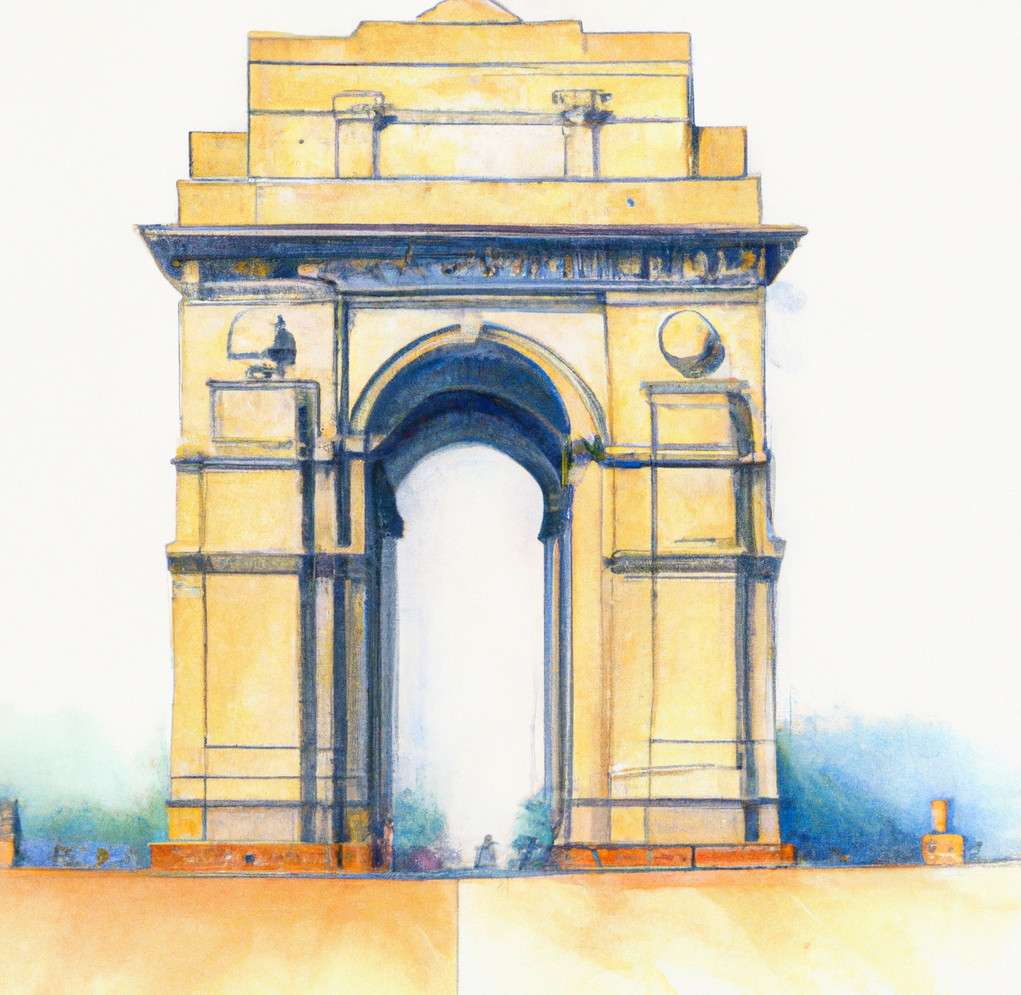Who Discovered Hindi Language?
Hindi is a language spoken by over 500 million people worldwide, making it one of the most widely spoken languages in the world. It is the official language of India and is also spoken in a number of other countries, including Nepal, Mauritius, and Fiji. But who discovered Hindi language?
The origins of Hindi language can be traced back to the ancient Indian language of Sanskrit. Sanskrit was the language of the Vedas, the ancient scriptures of Hinduism, and was the language of the elite and scholars of ancient India. Over time, the language evolved and developed into what is now known as Hindi.
The development of Hindi can be attributed to the efforts of a number of people over the centuries. The earliest known work in Hindi is the Prithviraj Raso, a poem written by the court poet Chand Bardai in the 12th century. The poem recounts the life and deeds of the king Prithviraj Chauhan, who ruled over northern India in the 12th century.
Over the centuries, Hindi continued to evolve and develop, with poets and writers adding new words and expressions to the language. One of the most important figures in the development of Hindi literature was the poet Tulsidas, who lived in the 16th century. Tulsidas is best known for his epic poem, the Ramcharitmanas, which tells the story of the Hindu god Rama.
In the 19th century, the British Raj began to have a significant impact on the development of Hindi. The British introduced English education in India, and this led to the creation of a new generation of Indian intellectuals who were fluent in both Hindi and English. These intellectuals played a key role in the development of modern Hindi literature and culture.
Some of the most famous Hindi writers of the 20th century include Premchand, Harivansh Rai Bachchan, and Mahadevi Varma. These writers helped to establish Hindi as a major literary language in India and played a key role in the development of Hindi literature.
In conclusion, the discovery of Hindi language is a complex process that involves the contributions of many people over the centuries. From the early poets and writers who added new words and expressions to the language, to the modern writers who have helped to establish Hindi as a major literary language, the development of Hindi has been a rich and vibrant process. Today, Hindi is spoken by millions of people around the world and continues to evolve and develop as a language and culture.
